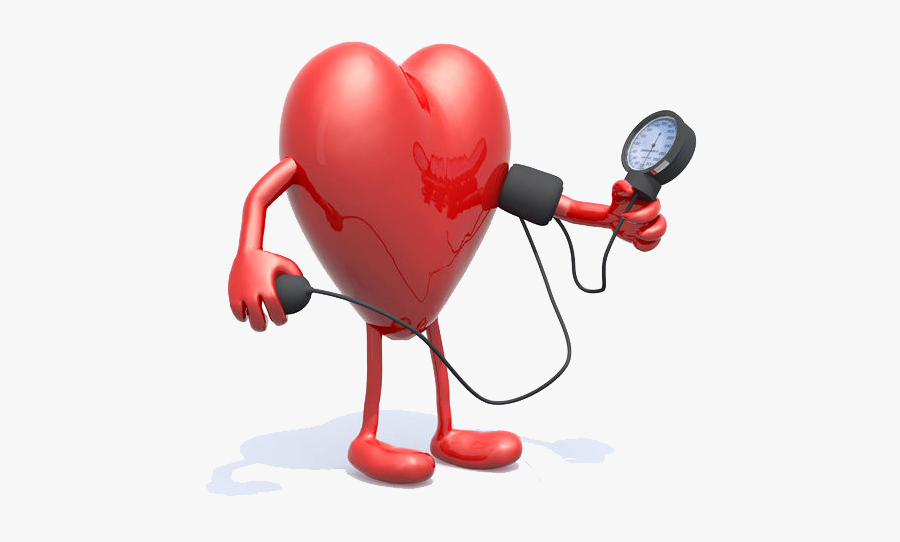BLOOD PRESSURE – Your Measurement Of Health By Pierre Mouchette | Bits-n-Pieces Blood pressure readings are expressed as two numbers. The top number is called systolic blood pressure, and the bottom is called diastolic blood pressure. In addition, 120 over 80 is written as 120/80 mm Hg. One or both numbers can be too high. The numbers apply to individuals who are not taking medication for blood pressure and are not ill.
Causes Many factors can affect blood pressure, including:
You have a higher risk of high blood pressure if you:
Most of the time, no cause of high blood pressure is present. It is called essential hypertension. High blood pressure caused by another medical condition or medication is called secondary hypertension. Secondary hypertension may be due to:
Symptoms Most of the time, there are no symptoms. For most people, high blood pressure is detected when they visit their health care provider or are checked elsewhere. Because there are no symptoms, individuals can develop heart disease and kidney issues without knowing they have high blood pressure. Malignant hypertension is a dangerous form of extremely high blood pressure. Symptoms may include:
Exams and Tests Identifying high blood pressure early on can help prevent heart disease, stroke, eye issues, and chronic kidney disease. Your provider will measure your blood pressure several times before diagnosing you with high blood pressure. It is usual for blood pressure to be different based on the time of day taken. Adults aged 18 and older should have their blood pressure tested annually. More frequent testing may be necessary for those with a history of high blood pressure readings or those with risk factors for high blood pressure. Blood pressure readings taken at home may be more accurate than those taken at your provider's office.
Tests may also be performed to look for:
Treatment The purpose of treatment is to reduce your blood pressure so that you have a lower risk of health issues caused by high blood pressure. You and your provider should set a blood pressure goal. When thinking about the best treatment for high blood pressure, you and your provider must consider other factors, such as:
Before making a final diagnosis of either elevated or high blood pressure, your provider should ask you to have your blood pressure measured at home, at your pharmacy, or elsewhere besides their office or a hospital. LIFESTYLE CHANGE You can do many things to help control your blood pressure, including:
How low your blood pressure should be and at what level you need to start treatment is individualized, based on your age and any medical problems. MEDICINES FOR HYPERTENSION Most of the time, your provider will try lifestyle changes first and check your blood pressure two or more times. Medicines will likely be started if your blood pressure readings remain at or above these levels:
• Top number (systolic pressure) of 130 or more • Bottom number (diastolic pressure) of 80 or more If you have diabetes, heart issues, or a history of a stroke, medications may be taken at lower blood pressure reading. The most commonly used blood pressure targets for people with these medical problems are below 120 to 130/80 mm Hg. There are many different medications to treat high blood pressure.
Outlook Most of the time, medication and lifestyle changes can control high blood pressure. When blood pressure is not well-controlled, you are at risk for:
When to Contact a Medical Professional It would be best to have regular checkups with your provider for high blood pressure. If you have not been diagnosed with high blood pressure, it is essential to have your blood pressure checked during your regular check-up, particularly if someone in your family has high blood pressure. Contact your provider immediately if home monitoring shows high blood pressure. Most individuals can prevent high blood pressure by following lifestyle changes designed to reduce blood pressure.
0 Comments
Your comment will be posted after it is approved.
Leave a Reply. |
Archives
May 2024
|
